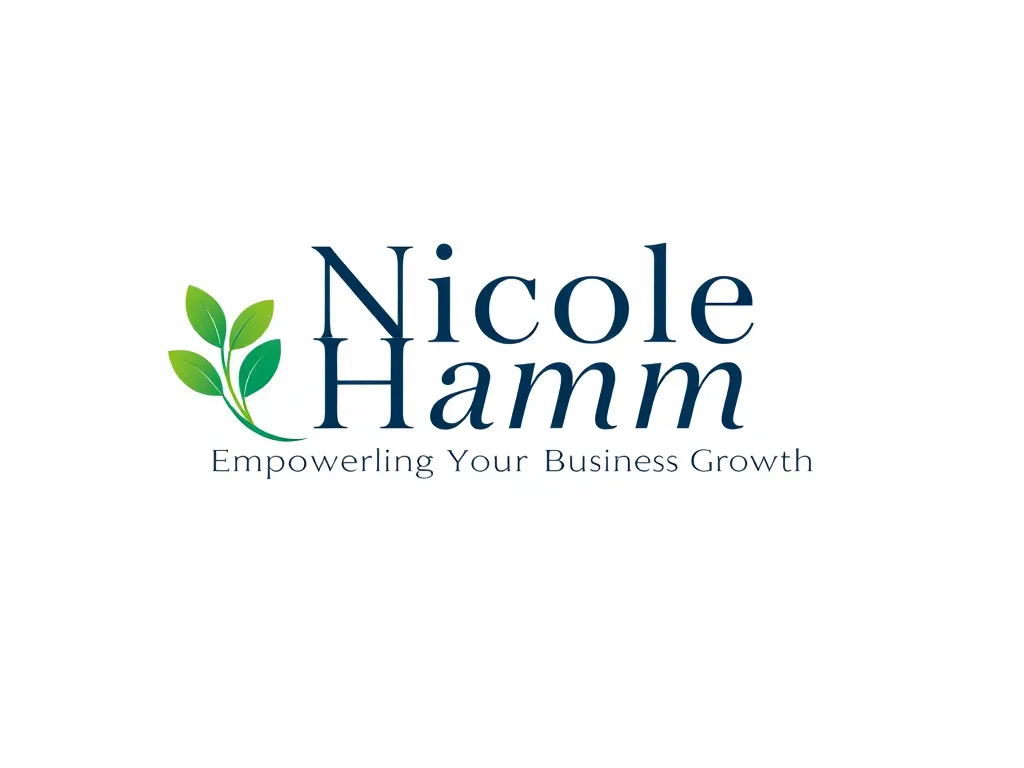Effective Strategies for Managing Pain Without Opioids in Jacksonville

Pain Management Alternatives: Exploring Effective Non-Opioid Solutions
Pain Management Alternatives represent a crucial avenue for individuals dealing with chronic pain who seek effective relief without resorting to opioids or other medications with potentially harmful side effects. With the rising concern over opioid dependency and the adverse effects of pharmaceutical pain relief options, exploring non-pharmacological strategies has become essential. This article delves into various pain management alternatives that offer hope and tangible outcomes for those suffering from various pain conditions.
In today’s healthcare landscape, more people are embracing a holistic approach to health, including pain management alternatives that focus on treating the person as a whole rather than just the symptoms. Methods such as mindfulness meditation, acupuncture, physical therapy, and nutritional interventions are rapidly gaining recognition for their efficacy and minimal side effects. These modalities not only address pain relief but also promote overall wellness and improve quality of life, making them appealing choices for many.
the ongoing Opioid crisis highlights the urgent need for effective pain management strategies that minimize dependency on prescription Opioids.
The paradigm shift in pain management approaches emphasizes the importance of individualized care. Different patients respond uniquely to various treatments, which necessitates a wide array of alternative pain relief strategies. With increasing awareness and acceptance, healthcare providers are utilizing evidence-based, integrative health practices that combine conventional and alternative methods for a comprehensive approach to managing pain. Patients are encouraged to explore their options and work closely with their providers to find the most effective solutions for their pain conditions.
While accessing pain management alternatives might seem daunting, many resources exist to guide and support individuals looking for non-opioid solutions. From community resources and local clinics to holistic practitioners, there are numerous avenues to explore. Informative seminars and support groups further facilitate learning and sharing, empowering patients with the knowledge they need to make informed decisions about their pain management journey. This proactive approach helps individuals reclaim control over their health and well-being.
As more people seek out effective Pain Management Alternatives, understanding their options can lead to significant improvements in daily functioning and quality of life. By prioritizing individual health and tapping into a vast landscape of holistic and integrative practices, patients can find relief and restore balance in their lives.
Holistic Pain Management Techniques
Mindfulness meditation, an increasingly popular technique, focuses on being present in the moment and cultivating an awareness of one’s thoughts and feelings without judgment. Research has shown that this practice can effectively reduce pain perception and improve emotional health. In mindfulness meditation, sufferers are taught to observe their pain rather than react to it, leading to decreased stress levels and a more adaptive response to chronic pain situations.
Acupuncture, a traditional Chinese practice, has gained prominence as a reliable non-opioid treatment for various pain conditions. It works by stimulating specific points on the body with thin needles, promoting natural pain relief and the release of endorphins. Many studies indicate its effectiveness in alleviating chronic back pain, arthritis pain, and migraines, earning its reputation as a valuable addition to pain management strategies.
Yoga and physical therapy can significantly benefit those coping with pain. Engaging in gentle yoga practices enhances flexibility, strength, and balance, all of which contribute to pain management. Similarly, physical therapy provides tailored exercises designed to improve mobility and reduce discomfort through movement. Patients often report significant improvements in their pain levels, along with increased physical function and quality of life.
Nutritional approaches to pain management emphasize the role of diet in reducing inflammation and, consequently, pain. Foods rich in omega-3 fatty acids, antioxidants, and anti-inflammatory compounds can aid in naturally alleviating discomfort. Patients are encouraged to adopt balanced diets that incorporate these elements, potentially reducing their reliance on medications and improving their overall health.
Physical Therapy Options in Jacksonville
Jacksonville offers various physical therapy options tailored to meet the unique needs of patients experiencing pain. Many clinics provide specialized services such as manual therapy, aquatic therapy, and neuromuscular re-education to address different types of pain. Additionally, teletherapy services have become increasingly popular, allowing individuals to receive professional guidance remotely and conveniently from their homes.
Patient success stories highlight the positive impact physical therapy can have on pain management. Many individuals who previously struggled with chronic pain have found relief and improved mobility through consistent therapy sessions. Testimonials reveal a common theme: with dedicated effort and collaboration with skilled physical therapists, patients have regained control over their lives, reducing reliance on pain medications.
The role of exercise in pain management cannot be overstated. Physical therapists design specific exercise regimens that aid in building strength and endurance, which are crucial for managing pain effectively. Engaging in regular physical activity not only enhances physical function but also contributes to better mental health, thus providing a holistic approach to pain management.
Collaborative care in rehabilitation is becoming increasingly recognized as a vital component of successful pain management. In Jacksonville, many physical therapy clinics emphasize teamwork, encouraging communication between therapists, physicians, and other healthcare providers. This collaborative approach ensures patients receive comprehensive care and tailored treatment plans that align with their personal goals and needs.
Community Resources for Pain Management
Support groups in Jacksonville offer invaluable resources for individuals managing chronic pain. These groups provide a safe space for sharing experiences, challenges, and successes with peers who understand the complexities of living with pain. Participants often find comfort and encouragement from hearing others' stories while gaining new perspectives and practical tips for managing their pain effectively.
Local clinics in Jacksonville are increasingly offering alternative treatments that complement traditional pain management strategies. Options such as chiropractic care, massage therapy, and acupuncture are widely available, giving patients access to a holistic spectrum of care and treatment. Consulting with local practitioners about available alternative treatments can empower individuals in their pain management journey.
Educational seminars on pain management are frequently hosted in Jacksonville, providing community members with up-to-date information on the latest research, techniques, and alternatives. These events not only help increase awareness about pain management alternatives but also facilitate connections between patients and healthcare providers, enhancing overall accessibility to resources and support.
Connecting with local practitioners is essential for individuals exploring pain management alternatives. In Jacksonville, patients can find a network of qualified professionals specializing in diverse healing modalities. Engaging with these professionals can lead to personalized treatment plans that fit each individual's needs, ultimately resulting in more effective pain management outcomes.
Integrative Health Approaches
Chiropractic care has emerged as a popular option for individuals dealing with chronic pain. Chiropractors focus on correcting misalignments in the spine and other joints to improve function and alleviate discomfort. Many patients have found relief from chronic back pain, headaches, and joint pain through regular chiropractic adjustments, making them a valuable part of a comprehensive pain management strategy.
Massage therapy is another integrative health approach documenting positive outcomes in pain management. Techniques such as deep tissue massage, Swedish massage, and trigger point therapy, can provide significant relief from muscle tension and pain. Research has shown that massage can reduce pain perception and improve overall well-being, making it an essential tool for holistic pain management.
Herbal remedies and supplements have gained popularity as alternative treatments for pain management. Ingredients like turmeric, ginger, and capsaicin have demonstrated anti-inflammatory effects, and many individuals incorporate these into their diets or supplement routines. However, it is essential to approach herbal remedies with caution and consult healthcare providers before beginning any new treatments to ensure safety and efficacy.
Biofeedback is a cutting-edge approach in pain reduction that teaches individuals to control physiological functions that contribute to pain. By using electronic monitoring devices, patients can learn to alter their body’s response to pain through relaxation techniques and mindfulness practices. This integrative method empowers individuals to take an active role in their pain management journey.
Patient-Centered Care Models
Individualized pain management plans are core to effective treatment paradigms. Each patient has unique experiences and responses to pain, making personalized approaches crucial. Collaborating with healthcare providers to develop tailored plans that consider individual preferences and circumstances not only enhances treatment efficacy but also strengthens the therapeutic relationship.
Incorporating patient feedback into pain management strategies is essential in developing effective care models. Listening to patients' experiences helps providers understand their needs better, ensuring that management strategies align with their goals and preferences. Engaging patients in the decision-making process empowers them and fosters a sense of ownership over their pain management strategies.
Evidence-based practices in pain management focus on integrating research and clinical guidelines into treatment protocols. This approach allows healthcare providers to base their interventions on the latest findings, improving the chances of achieving successful outcomes. Collaborating with multidisciplinary teams ensures that patients receive the best care options available.
The role of healthcare providers in providing opioid alternatives cannot be understated. As the opioid crisis continues to impact many communities, practitioners are exploring and advocating for diverse pain management alternatives. By emphasizing non-opioid therapeutic options, healthcare providers help mitigate the risk of addiction while promoting healthier outcomes for patients suffering from chronic pain.
